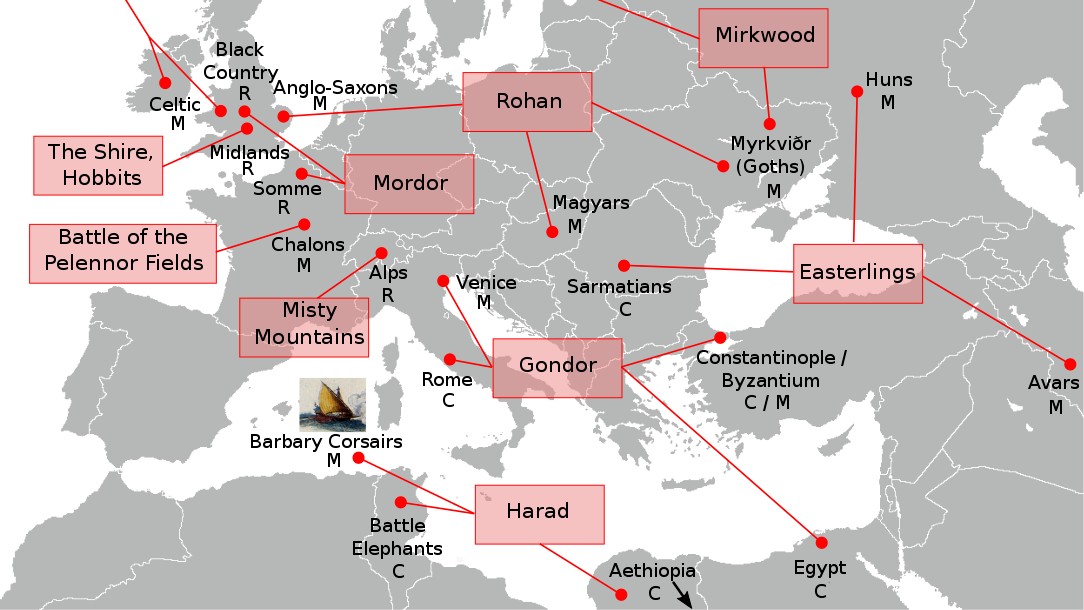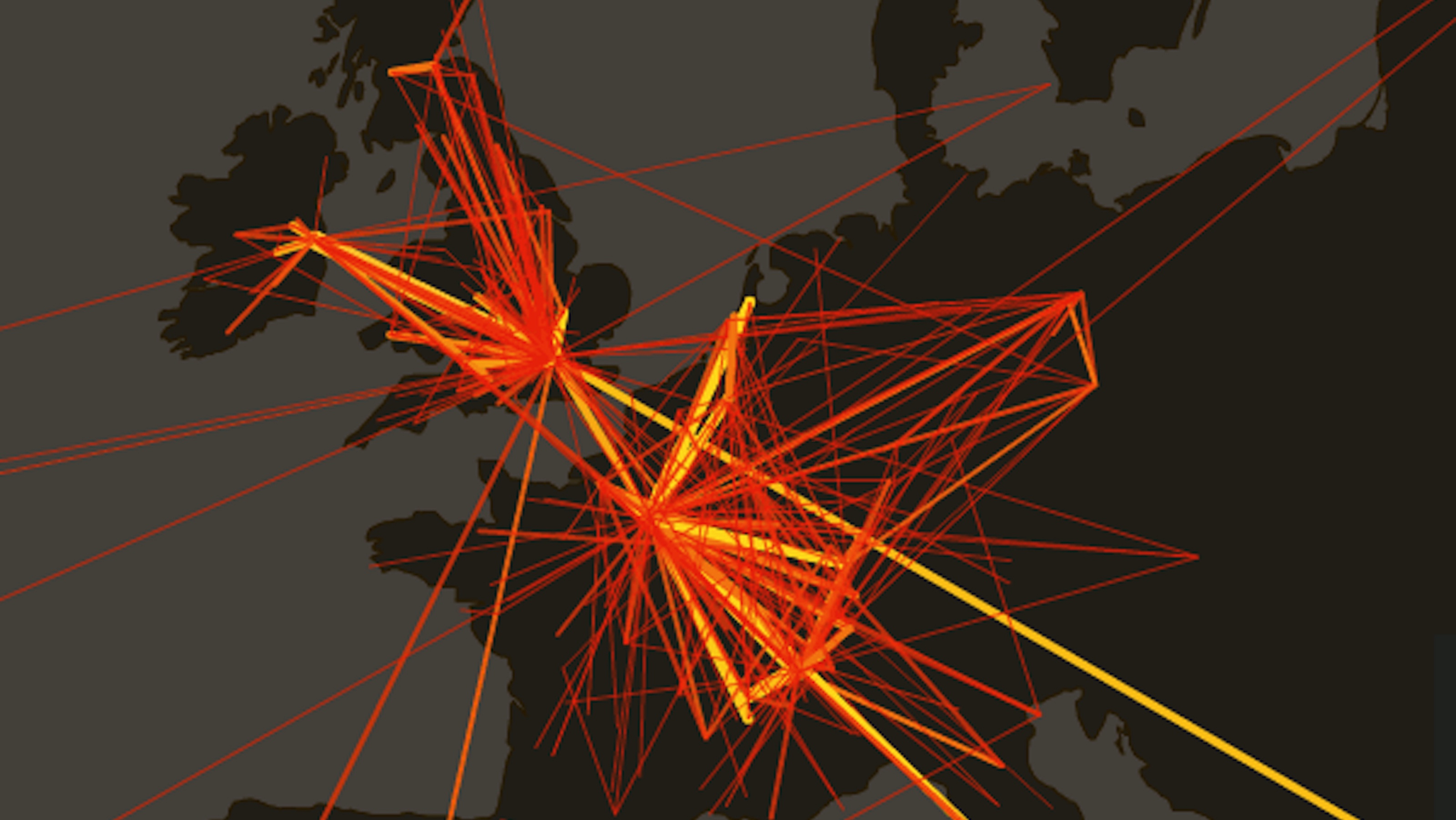The distinction frequently made between the online world and real life doesn’t hold up under scrutiny, says cyberpsychologist Mary Aiken. What we do in the real world reflects online, and what happens online invariably seeps into our daily life, if not overwhelming it from time to time. This plasma membrane, which separates online and real life, is mediated in one direction by what is called “cyber migration,” i.e. the transaction in which what we do on the Internet affects our real lives.
So how has the dampening, or completely destruction, of civic discourse in online comment forums changed the way we act in normal life? For starters, more and more websites are removing their comments section, so filled have they become with vitriol and every kind of offense imaginable. National Public Radio recently made headlines by removing its comments sections; Big Think removed ours several months prior.
Still, extremely offensive discourse IRL has been normalized by rude behavior online, says Aiken. And while we may disagree with the use of such language now as we did before, we no longer find it shocking, and our disapprobation of it has been overwhelmed by its frequency. That shift in our civic tone has, via cyber migration, made its way into the highest level of our political arena. Yes, the race to become the next President of the United States of America is infected with stinging insults and crude insinuation like never before.
Here Aiken discusses an influential study into the psychology of Internet trolls — titled Trolls Just Want to Have Fun — in which rude commenters were found to have personality characteristics similar to psychopaths and Machiavellian individuals. What is frightening is how widespread a phenomenon trolling has become. And the more it spreads, the more it becomes normalized, and the less likely we are to object to it. When uncivil discourse is accepted online, it is difficult to partition real life as a place where that level of malice is unacceptable.
Mary Aiken’s most recent book is The Cyber Effect: A Pioneering Cyberpsychologist Explains How Human Behavior Changes Online.
Mary Aiken: So in Europe we’re fascinated with your election – Hillary and Trump. Goodness. And everybody that you talk to says well how is Trump being so successful? Why on earth are people tolerating sexist, racist, hate speech? And there’s a good answer for it. I wrote a piece recently for Time and I discussed why Trump is having the sort of success that he’s having at the moment. And it comes down to one thing. Trump is a troll that has jumped off the Internet and into the real world. And the reason that so many people are tolerant of his extreme statements, this name calling, this horrible, nasty, even sadistic behavior is because the online environment has normalized this type of behavior. In cyberpsychology we point out that what happens in the cyber world impacts on the real world. What happens in the real world impacts on the cyber world. And this is certainly true in terms of Trump’s behavior. There’s a great study titled "Trolls Just Want to Have Fun" and you should read it because it talks about the dark tetrad of personality. The study found that people who say that they like to troll actually score high on an index that measures Machiavellianism, an index that measures psychopathic traits, an index that measures narcissistic traits and sadism. And the study found that trolling was a manifestation of everyday sadism. And election aside I know it’s important but I’m more concerned about a bigger issue. The issue is that people like me spend our time trying to teach kids to be nice to each other online. But it’s very hard for us to win that battle when politicians use cruelty and sadism as a strategy and appear to gain ground because of it.
So cyberspace is an environment. It’s somewhere where you go. It’s an immersive environment – chat room, forum, it’s a place. And what happens there is that behavior can become normalized. So as human beings we’re social creatures and we learn from others. So if it appears that everybody is doing something it can seem that it’s okay. And it’s become very difficult with the pervasive penetration and accessibility of the internet to draw the line between something that’s an evolving behavior and that’s become almost a social norm. And sadly online trolling has become almost a social norm. The problem is when that behavior cyber migrates into the real world. And Trump and the way he behaves is a classic example of cyber migration.






